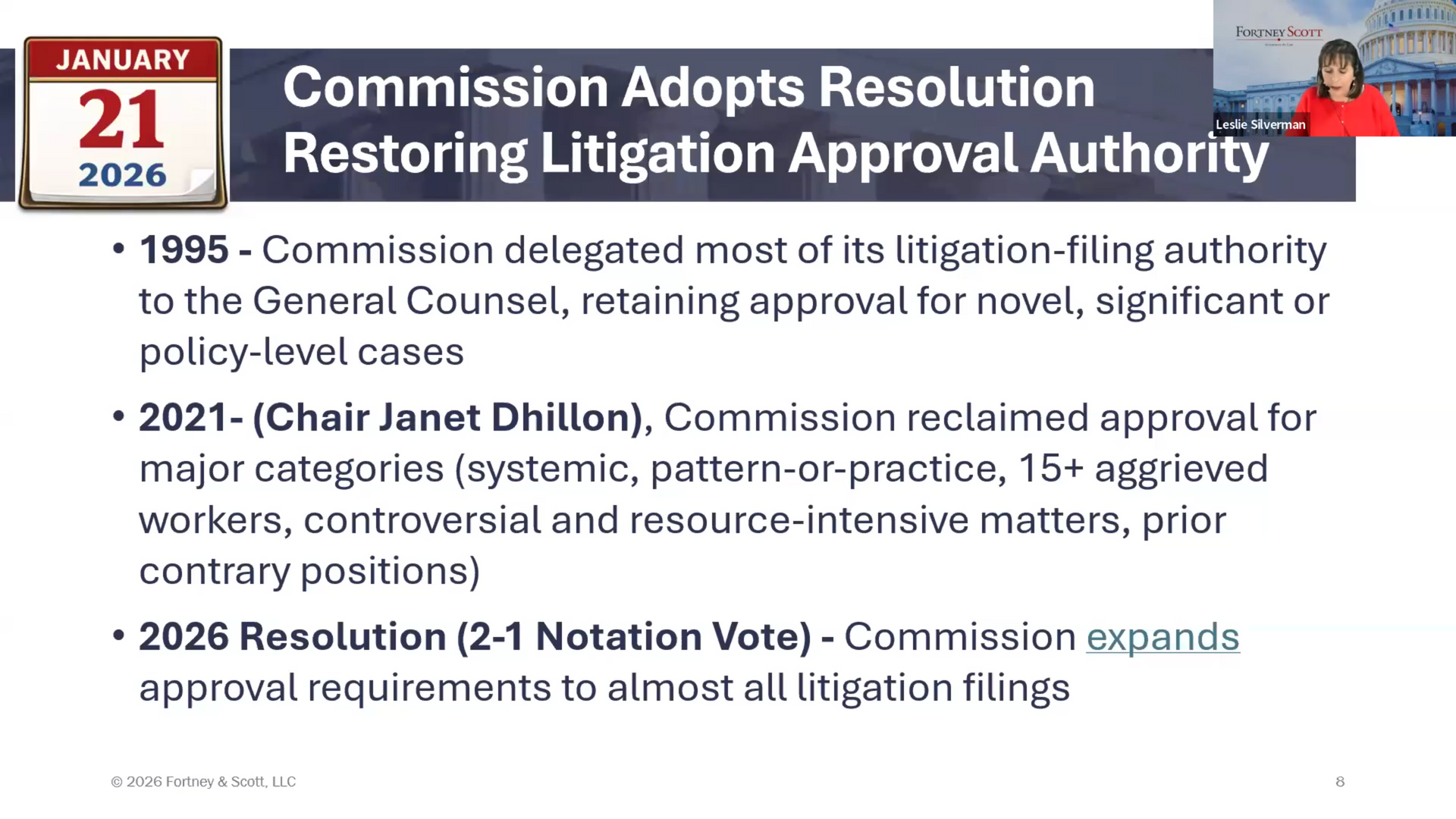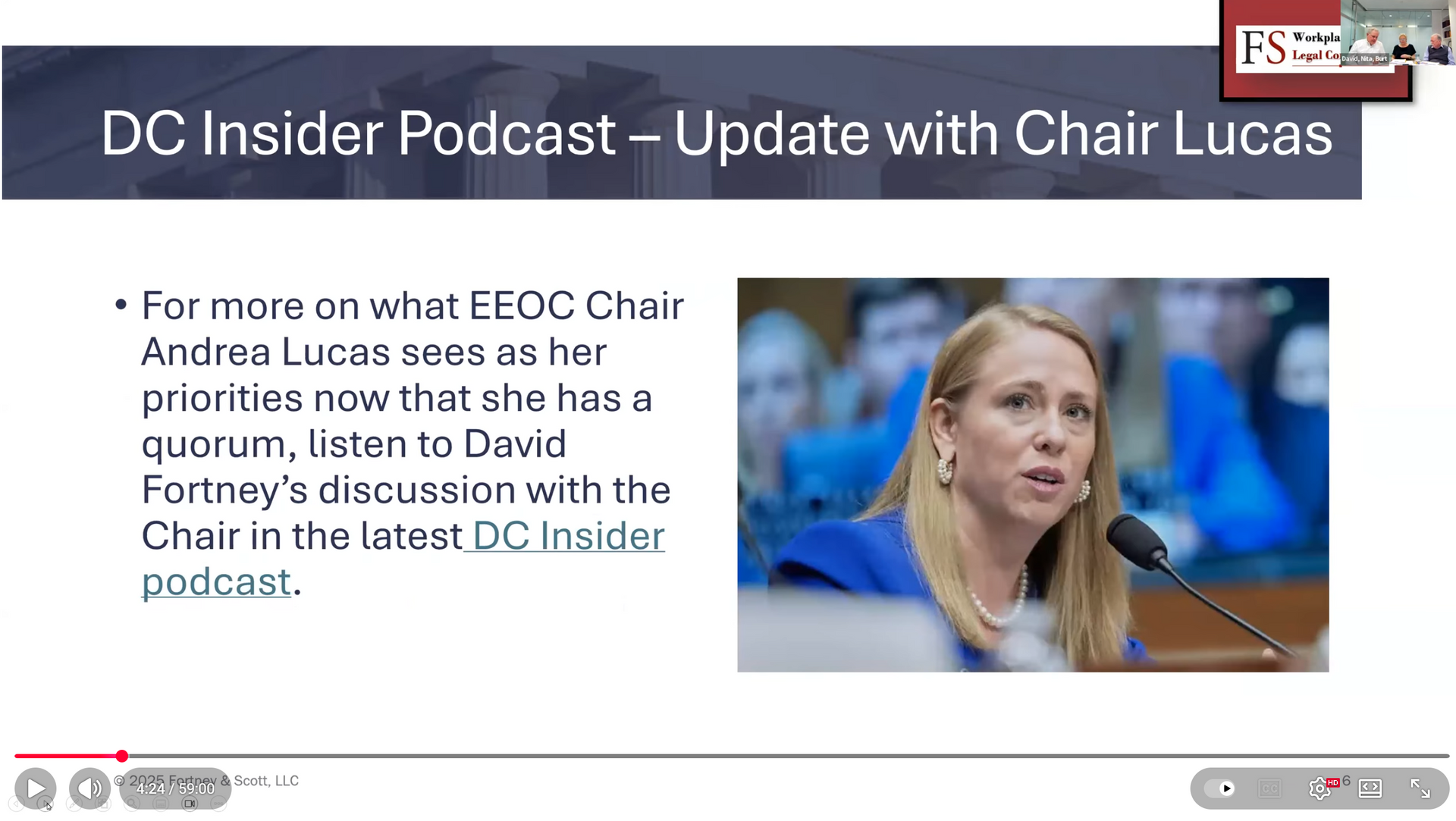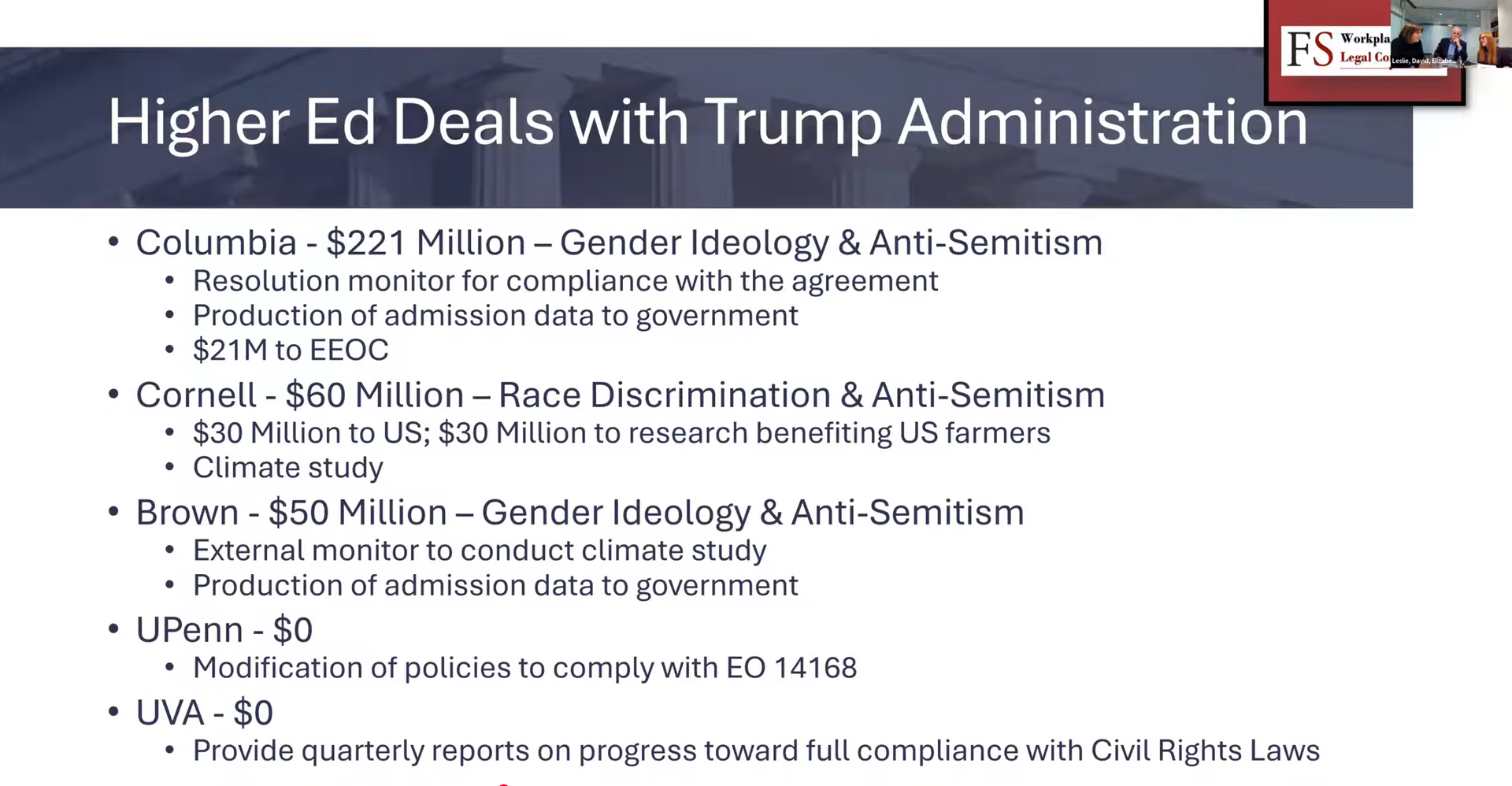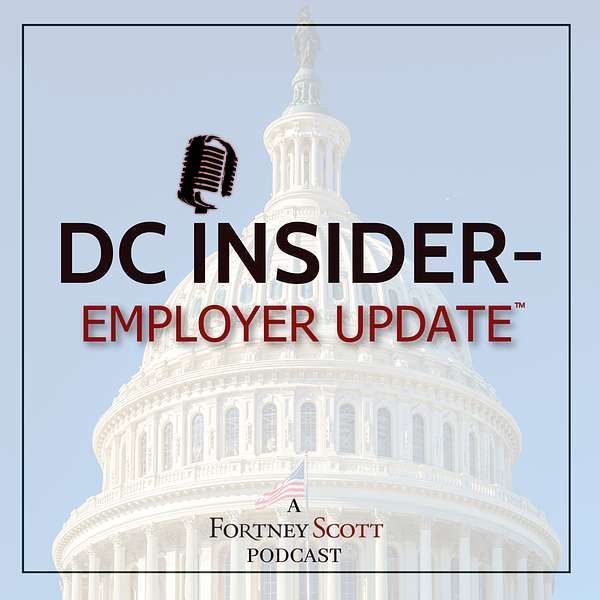Bid Protests: A Way To Raise Your Procurement Concerns
September 30th is the end of the Federal government’s fiscal year. Federal agencies spend significant portions of their annually appropriated funds entering into new contracts and exercising options on existing ones during the last quarter of its fiscal year. Government contracting rules require that Federal agencies conduct these procurements in accordance with the stated terms of the specific solicitation. The terms of the solicitation must be based on the procuring agency’s true needs and must not contain requirements that would unfairly restrict competition. The agency’s designated contract and evaluation officials must act in a fair and objective manner, free from any impermissible conflict of interest, when making determinations during the procurement process. Their evaluations and the ultimate award decision must be in accordance with the procurement’s stated evaluation and award criteria.
Because the Federal government wants to ensure that its procurements are fairly and properly conducted, it affords actual or potential offerors the opportunity to protest specific matters relating to the agency’s procurement. For example, if you are a potential offeror who believes the terms of a solicitation are defective or unduly restrictive, you may have grounds to file a preaward bid protest to challenge the terms of the solicitation. If you are an actual bidder or offeror who believes that you have not been fairly evaluated and considered for award in accordance with the terms of the solicitation, or that the decision to award the contract to another offeror was defective, then you may have grounds to file a post award bid protest.
If you are eliminated from the competitive range or not awarded the contract, you also may have the right to request a required debriefing to obtain more information prior to protesting.
Small businesses also have protest rights to challenge small business set-aside procurement size standards or the size or eligibility of an actual or proposed small business awardee under a small business set-aside procurement.
Bid protests can only be filed by interested parties, in specified forums, and within specified times in the procurement process. Depending on the circumstances and timing of the protest, you may be able to obtain a stay of the procurement pending the disposition of the protest.
Key Takeaways:
- There are a number of rules governing debriefings, pre and post award bid protests, and size protests. Consult counsel if you have questions regarding your rights, potential protestable issues, options, and timing requirements.
- If you were eliminated from the competitive range or did not receive an award, you may be able to request a required debriefing to obtain information that may address your concerns, or provide more concrete information upon which to raise a protest. At a minimum, learning what you did right or wrong can help you be a better competitor the next time.
- If you have concerns, you need to raise them in a timely fashion in the right place to avoid losing the opportunity to exercise your rights. Deadlines for seeking a required debriefing, filing a procurement integrity concern, filing a bid or size protest, are short.
- On the flip side, if you are awarded a contract and there is a protest, you may want to retain counsel to defend your interests in the protest.
The rules governing procurements, debriefings and protests are myriad. If you have concerns about a particular procurement, find out your rights and options. Well-articulated concerns, timely raised with the appropriate official and forum, can help ensure your challenge is appropriately considered. FortneyScott will be hosting a bid protest lunch and learn webinar in September. If you have questions about how to raise your concerns in a procurement, debriefing or protest, or are interested in learning more about this upcoming webinar, contact Susan Warshaw Ebner or your FortneyScott counsel.
















